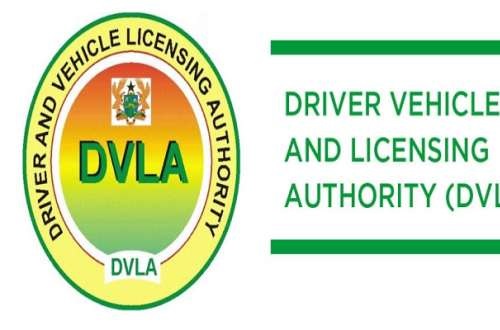The Drivers Vehicle and Licensing Authority (DVLA) has announced the increase in its fees and charges across board.
The implementation of the new prices takes effect from Monday October 3, 2022 after the set up of payment platform.
This increment is as a result of the approval by Parliament upon the request of the Ministry of Finance Act 2020 (ACT 1080).
A circular released by the DVLA dated September 28, 2022 and signed by the Chief Executive, Kwasi Agyeman Busia stated that the new prices would be pasted on the notice of all of its offices for clients’ attention.
Effective January 2022, the fees and charges for all government services started an increase by at least 15 percent.
This is according to the 2022 budget statement presented by the Finance Minister, Ken Ofori-Atta on Wednesday, November 17, 2021.
Per the document, the new charges will be subjected to an annual adjustment by the average inflation rate with the consent of the Finance Minister.
The budget document also stated that the new fees will be automatically reviewed every five years.
“Review Fees and Charges with an average increase of at least 15 percent in 2022 and thereafter subject it to automatic annual adjustments by average inflation rate as published by the Ghana Statistical Service, but with the prior consent of the Minister for Finance. The fees and charges should, however, be subjected to general review every 5 years. The effective date of implementation is 1st January 2022,” the budget stated.
The announcement is part of the new initiatives by the government intended to raise domestic revenue.
Charges for government services such as vehicle registration and drivers’ license issuance by the Driver and Vehicle Licensing Authority (DVLA), birth and death certificate issuance by the Birth and Death registry, passport issuance by the Passports Office among others will be affected by this new measure.
Hitherto, these agencies needed to propose their service charge increment to the Finance Ministry, negotiate and get approval.
The new directive of the government therefore appears to regulate the frequency and rate at which such fees and charges are increased or decreased in some cases.
By Vincent Kubi

